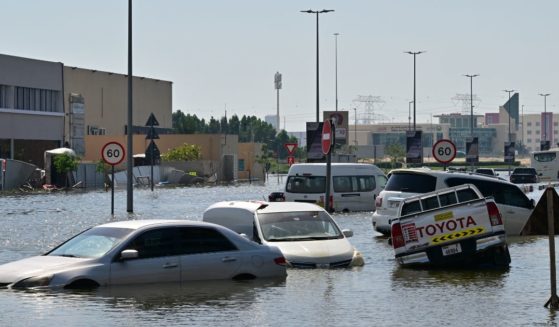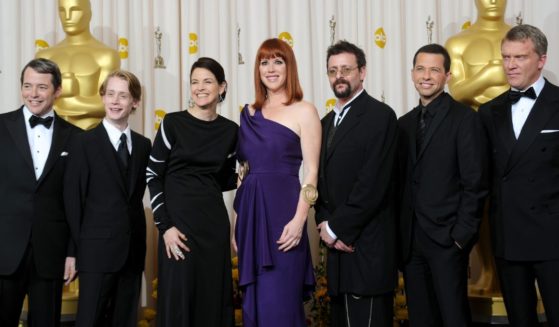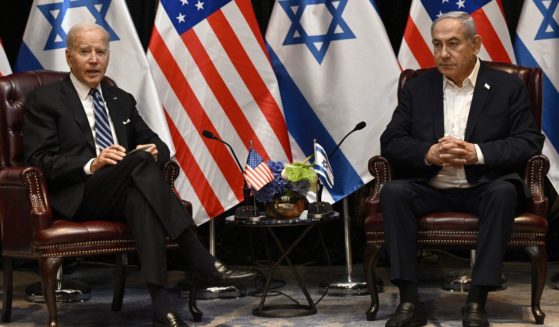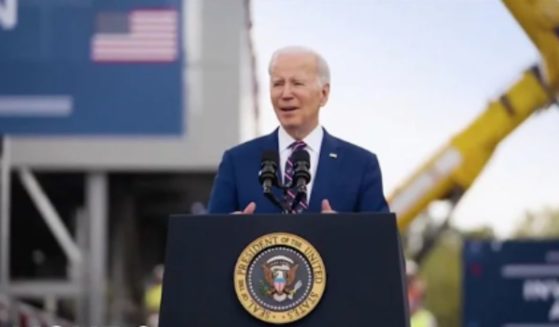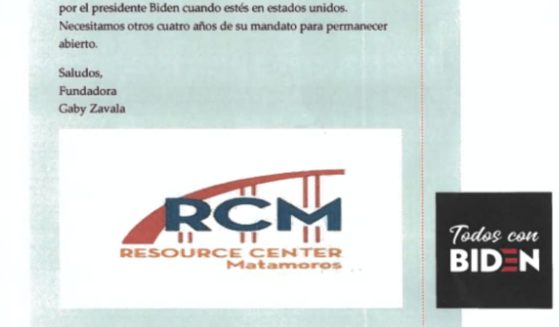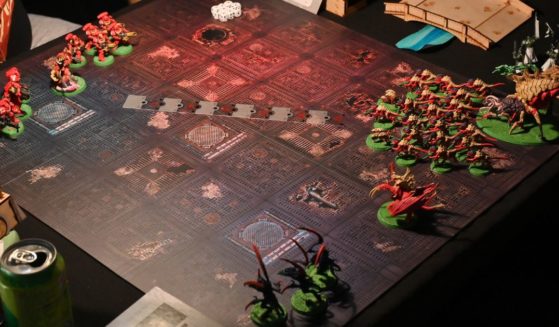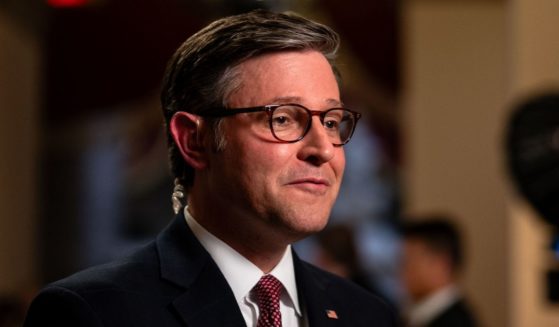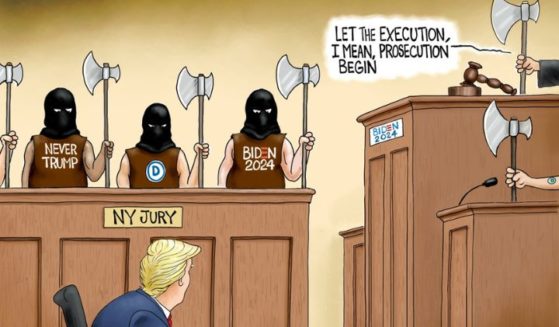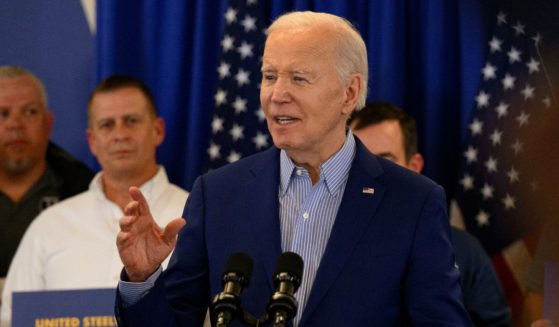The Latest: UK leaving 'no stone unturned' to resolve Brexit
LONDON (AP) — The latest on Brexit (all times local):
11:15 p.m.
Britain’s Parliament has passed a law designed to ensure the country does not leave the European Union without a divorce deal.
The legislation received final approval from the House of Lords and House of Commons late Monday.
It compels the government to ask the EU to delay Brexit, which is currently due to take place Friday.
Prime Minister Theresa May has already committed to doing that, but many lawmakers don’t trust the government and want an insurance policy.
On Tuesday, Parliament will debate how long an extension to seek. May wants to delay Brexit only until June 30.
The country could still crash out of the EU without a deal if the bloc’s leaders refuse to grant a delay.
Britain voted to leave the EU almost three years ago, but the complex political process for doing so has become deadlocked.
___
6:25 p.m.
British Labour Party leader Jeremy Corbyn says the Conservative government has not offered concrete changes to its Brexit plans during several days of talks aimed at finding a compromise.
Corbyn says talks between Labour and Prime Minister Theresa May’s Conservative-led government will continue, but “we are looking for movement.”
He says “the government doesn’t seem to be moving off its original red lines.”
Labour wants Britain to retain close ties with the EU through a customs union — something May’s government has repeatedly ruled out.
May is hoping to strike a deal with Labour that can win the approval of Parliament. Her own divorce deal with the EU has been rejected by U.K. lawmakers three times.
May also wants the EU to grant a delay to Brexit, which is currently due to take place on Friday.
___
4:50 p.m.
Irish Prime Minister Leo Varadkar says he is confident European Union leaders will agree at a summit this week to grant Britain a delay to its departure from the bloc.
The U.K. has asked for Brexit to be postponed until June 30 so lawmakers in the country’s Parliament can agree on, approve and implement a divorce agreement.
Some EU leaders are wary of further prolonging uncertainty over Brexit. Others favor only agreeing to a much longer extension. Any delay requires unanimous approval of European leaders attending a summit in Brussels on Monday.
Varadkar said: “There will be different views but I am confident that we will reach agreement.”
Unless the delay is granted, Britain is set to leave the EU on Friday without a withdrawal deal. Such a scenario could cause economic upheaval in the U.K. and in Ireland, a close economic partner.
Varadkar says Ireland is continuing to prepare for a no-deal Brexit while hoping it will be avoided.
___
4:20 p.m.
The prime minister of the Netherlands says British counterpart Theresa May needs to convince him and other European Union leaders that her country will continue cooperating with the EU if she wants them to grant her request for another Brexit delay.
Dutch Prime Minister Mark Rutte says he spoke with May about her request to postpone Brexit until June 30. He tweeted that “a positive decision hinges also on assurances from UK on sincere cooperation.”
There are concerns in Europe that some British politicians who support the U.K. leaving the EU without a divorce deal could purposely work to stymie EU policymaking while the country remains a member. A lawmaker who is an outspoken Brexit advocate, Jacob Rees-Mogg, raised the possibility of such a strategy last week.
The Conservative Party lawmaker said Britain could use its continued time in the EU position to veto budget increases, block the establishment of an EU army, and to keep more countries from joining the EU.
___
11:50 a.m.
The British government says Prime Minister Theresa May will hold talks with the leaders of Germany and France ahead of a key Brexit summit this week.
Downing Street says May will fly to Berlin Tuesday to meet Chancellor Angela Merkel, then on to Paris for talks with President Emmanuel Macron.
May will lay out her reasons for seeking a further delay to Brexit, currently due to take place Friday.
EU leaders are set to meet in Brussels Wednesday to consider May’s request to delay Brexit until June 30. An extension requires unanimous approval from leaders of all 27 remaining member states. Some, especially Macron, are weary of the Brexit melodrama and unwilling to prolong it.
___
11:20 a.m.
With a chaotic exit of Britain from the European Union potentially only days away, EU commissioner Phil Hogan says that the U.K. leaving the bloc without a deal in place “is simply crazy.”
EU Farm Commissioner Hogan was setting out contingency plans in the agriculture sector for a no-deal Brexit to make sure that it impacts farmers as little as possible.
The Irish commissioner was still hoping the ongoing cross-party talks between Prime Minister Theresa May and Labour opposition leader Jeremy Corbyn could yield a result.
Hogan said that “despite the madness of Brexit, I still believe that common sense might prevail.”
___
10:50 a.m.
The German government says British Prime Minister Theresa May will visit Chancellor Angela Merkel on Tuesday in Berlin.
Merkel’s spokesman, Steffen Seibert, said the two leaders would discuss Brexit and a special European Union summit on the same subject that’s scheduled for Wednesday.
Seibert would not further comment on the German government’s position regarding May’s Friday proposal to delay Brexit until June 30 to avoid crashing out without a deal at the end of this week.
___
10 a.m.
British Foreign Secretary Jeremy Hunt says that Prime Minister Theresa May “is leaving no stone unturned to try to resolve Brexit,” two days before a European Union summit to consider an extension to Britain’s exit date.
Hunt said of the other 27 EU leaders that “they want Brexit to be resolved as quickly as possible. So do we.”
As a last resort, May has even started cross-party talks with Labour leader Jeremy Corbyn, but there have been no results so far.
“For Theresa May to open talks with someone like Jeremy Corbyn is not at all easy but she is doing that because she is totally and utterly determined to deliver Brexit,” Hunt said before a meeting of EU foreign affairs ministers.
___
8:50 a.m.
Former Foreign Secretary Boris Johnson says Britain must not agree to a permanent customs union with the European Union, amid speculation that the government is about to propose such an arrangement to win opposition support for its Brexit deal.
Prime Minister Theresa May is preparing for further talks with the opposition Labour Party as she tries to hammer out a compromise that would avert a damaging no-deal exit from the EU on Friday.
Writing Monday in the Daily Telegraph, Johnson says the customs union proposed by Labour leader Jeremy Corbyn would “enslave” the U.K.
Johnson says in a tweet: “We should not agree to be non-voting members of the EU, under the surrender proposed by Jeremy Corbyn – it cannot, must not and will not happen.”
The Western Journal has not reviewed this Associated Press story prior to publication. Therefore, it may contain editorial bias or may in some other way not meet our normal editorial standards. It is provided to our readers as a service from The Western Journal.
Truth and Accuracy
We are committed to truth and accuracy in all of our journalism. Read our editorial standards.


